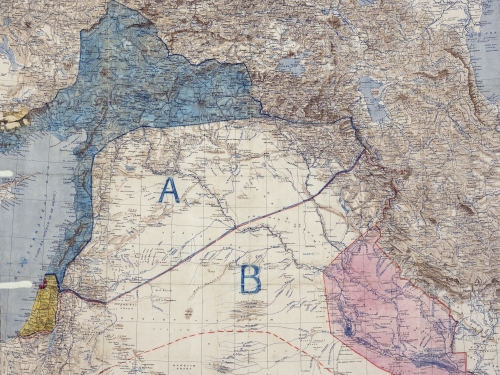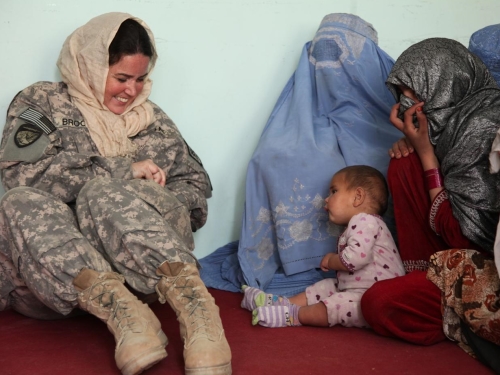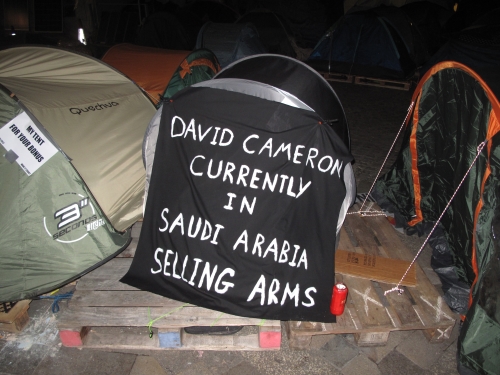
This article was originally published by the European Council on Foreign Relations on 5 August, 2015.
No business as usual in the Western Balkans
The Western Balkans remain Europe’s unfinished business, not only for the continuing stalemate in Bosnia or tensions in Macedonia and Northern Kosovo, but also because broader geopolitical developments shaping the EU’s neighbourhood are materialising in this region too – and in ways that could be detrimental to European interests.
Tensions and perception of a stalemate in the Balkans are enhanced by “the five year freeze”, while emerging forms of rule are at odds with the EU’s founding tenets and the integration narrative. Indeed, the same competition of models, that we see in other parts of Europe, which pits more or less pluralist democracies against populists or illiberal democracies in the mould of Viktor Orban or even “Putinism”, is played out in the Western Balkans too, with uncertain outcomes for this fragile region. Ironically, in the very part of the world where the EU is in the lead and where its influence, through its transformative power, should be at its most potent, local experts concur that the EU is no longer the leading actor and that its leverage has decreased.




